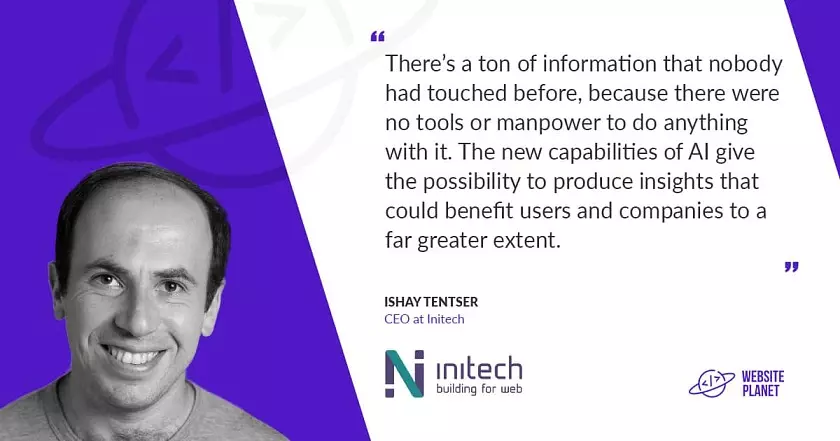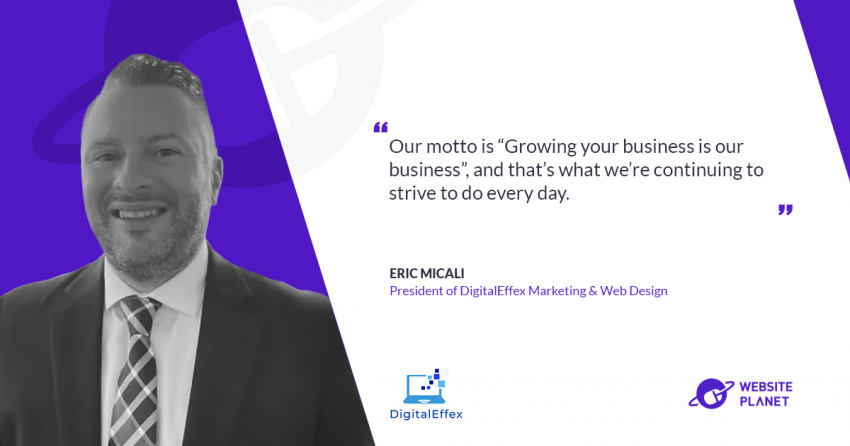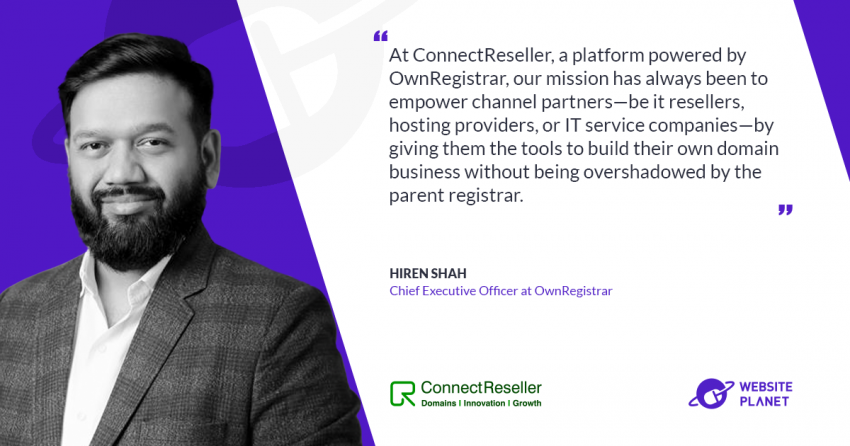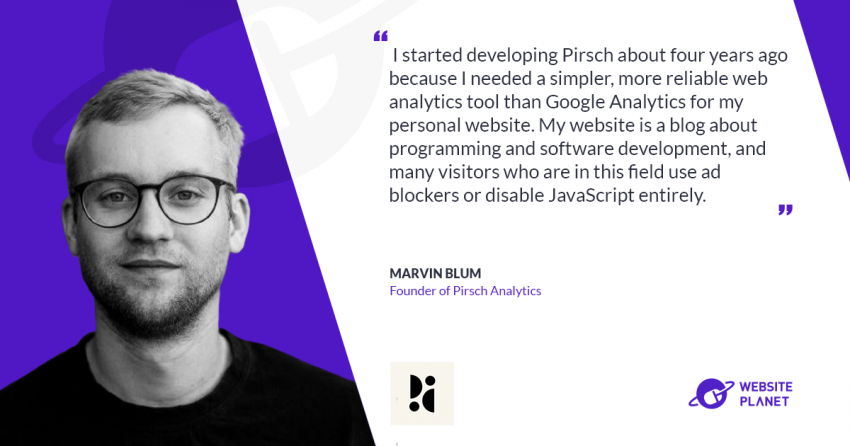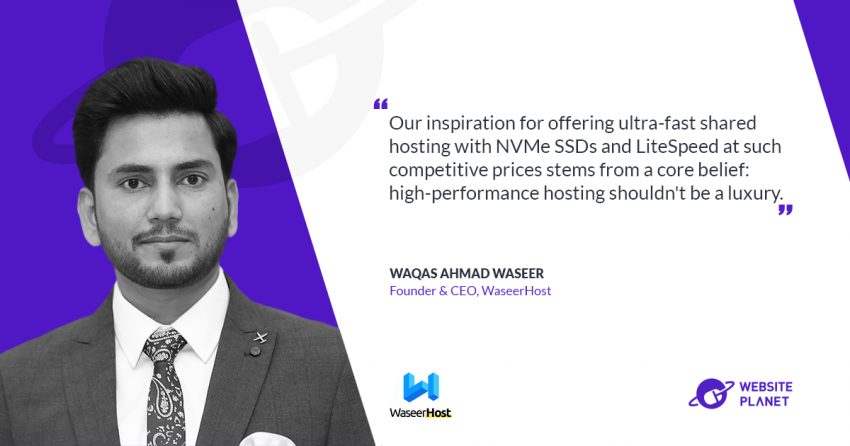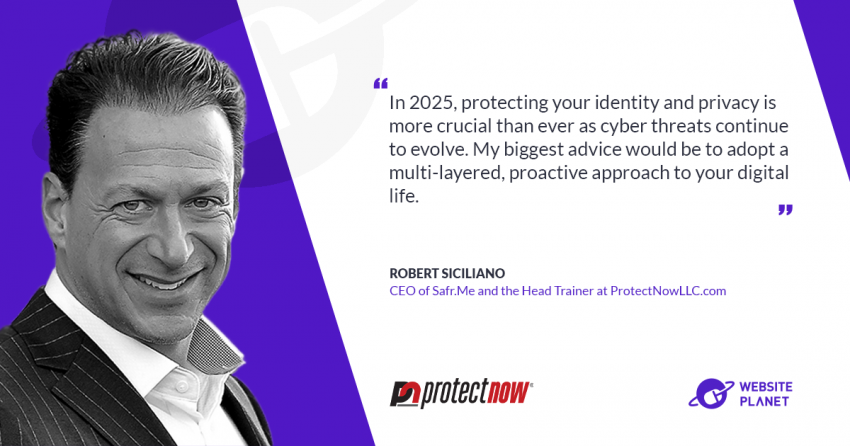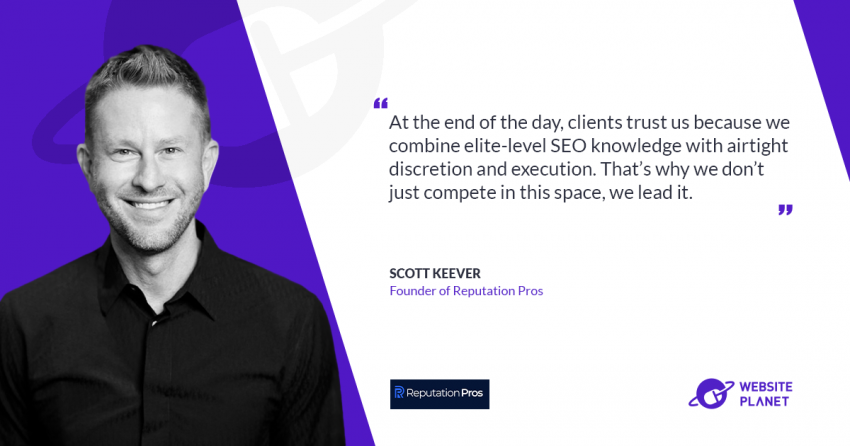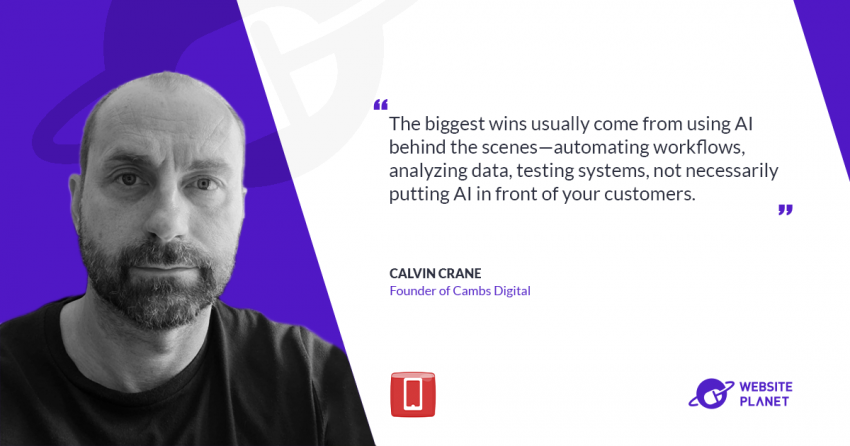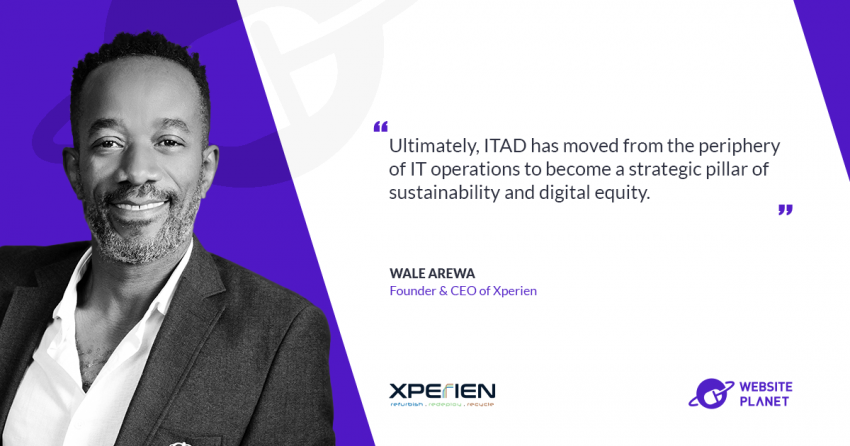A Bit of History
I think that ever since the year 2000, we’ve all been playing in the era of web development. In the early 2000s, people started building their online presence via blogs and user accounts on different websites, and businesses began creating e-commerce content, landing pages etc. Since then we encountered several revolutions. From 2009 we had a mobile revolution and since then both web and mobile provide us with all the personal information and the option to receive it from service providers, information sites, digital services etc.The problem is that data streams are getting bigger and bigger and we have too much information. We use different techniques like smart notifications and alerts, to receive less content and make it more relevant. At the end of the day, we have too much information and too many services. In 2011-2012, people began to speak about Artificial Intelligence and Machine Learning. It’s not a new topic, it existed in computer science since the ’80s, but recently, there has been huge progress on this topic, and it began to be more relevant and easier to use commercially.
Until then, you needed to have an entire computer science lab in order to do anything in these fields. The barriers were finally removed and today, AI is accessible even if you don’t have a Ph.D.’s on your team.
What’s the difference between Artificial Intelligence (AI) and Machine Learning (ML)?
AI is giving a computer the ability to make a task that until now, only people could do.Everything that we consider as requiring a human touch, should be available in AI sometime in the future.
Machine Learning is another high growth topic that is very connected to AI, which explores how computers learn and how they teach themselves to produce new tasks and acquire new skills. Without learning new skills, you cannot replace the human touch. Big players have a lot of information that can help gain insights on relevant topics, but many smaller companies have also collected tons of information, and they don’t use much of it. The bigger companies run statistical analysis and try to get benefits from customer information, both for their customers and for themselves. There’s a ton of information that nobody had touched before because there were no tools and manpower to do anything with it.
The new capabilities of AI give the possibility to produce insights that could benefit users and companies to a far greater extent.
A statistical analysis provides different insights about some accounting information, meeting points, and other mathematical topics. The interesting conclusions come from combined information that can now be reproduced by a statistic analysis. For example, combining pictures and financial information; Analysis of signals that came across different channels in real time; All these capabilities are possible with AI. Google, Microsoft, and Amazon have put huge budgets to develop their new AI platforms, IBM-Watson, Azure and Tensorflow. In order to train AI bots, the big players open their platforms for other companies, for free. Then, they allow companies to use this platform by putting their data there and allowing the data frame to improve the platform. Today, we don’t need to start from scratch. We use the tools provided to us by the giants, but we need to understand this is not a free game. They might not use our personal data, but they will learn a lot about us. Companies are not required to have a Ph.D. data scientist to run AI and identity connections or personal inputs. Right now, companies could start playing with these new AI platforms, which is one of the new ways that Initech customers have been doing it for the last few years. Any company that produces some sort of statistical algorithms, is now trying the new AI platforms. You can think of AI as a new way to produce statistical analysis, a new way to look at data and find insights. Many companies have asked to switch from static algorithms to platforms run by IBM or Google, so they can produce more dynamic insights to their customers. It includes machine vision, monitoring different signals from social networks and the web, text analysis of publications, finding connections between things that are not directly connected at first glance. For example, one of our clients used Tensorflow to analyze health data received from users and combined it with information that users post on social networks, to better understand their work-life balance.Previously, they only ran a statistical analysis and didn’t take many things into consideration.
Nowadays, they are able to give better health recommendations, like when to sleep, eat or exercise, because their data now is much more predictive. As a result, users are able to understand themselves better.
What AI applications can we expect to see in the coming years?
I believe that in the near future, more companies will embrace AI platforms for data processing. Collecting data from integrated services, running it through an AI platform, and observing the outcomes will become increasingly straightforward. What insights can AI provide when analyzing the compiled data? In some cases, the result will be the same as the old analysis, but in other cases, you will find completely new insights that you didn’t see before. The connection of different types of data introduces a new era of possibilities that we can reach with this technology. Combining textual data, vision, voice, real-time data about our health, and different signals that we produce throughout our lives can result in very interesting insights that can be beneficial to many. I think that AI gives businesses the opportunity to make their service personalized and relevant for users, and not just one size that fits all. We can easily automate things that until now we did manually, like text analysis, understanding the temperature of conversation in chat or voice call. Understanding what will fit the user better next time, what kind of additional services or information could be relevant to the user, even if they never asked for it before. In 2016 we saw a great boost in the era of chatbots. This hype has gone down now because of other hypes like blockchain. AI is the main reason for the rise of chatbots because it connects people and computers. The hidden change in Chatbots is AI, allowing brands to deliver feature-rich communication in a personalized way. The hype of chatbots had seemingly gone down, but AI is definitely here.The interfaces that use AI to change over time could be a keyboard, text on our smartphone, voice, video communication between our devices. In the future, there will be new ways to communicate with our devices but the basic power called AI will endure and be a part of the other revolutions that we’ll see in the near future and later along the line. People take AI capabilities and connect them to topics like health, marketing, technology, and even the blockchain. Companies take these capabilities and try to see how they can use it in other topics and industries. For now, most AI services and scenarios are still based on old web and mobile apps, but the general trend is to improve them and make them better.
I think that the new way of AI-based services will drive new capabilities and produce a new way of interacting with the audience that no one has thought of until now.
